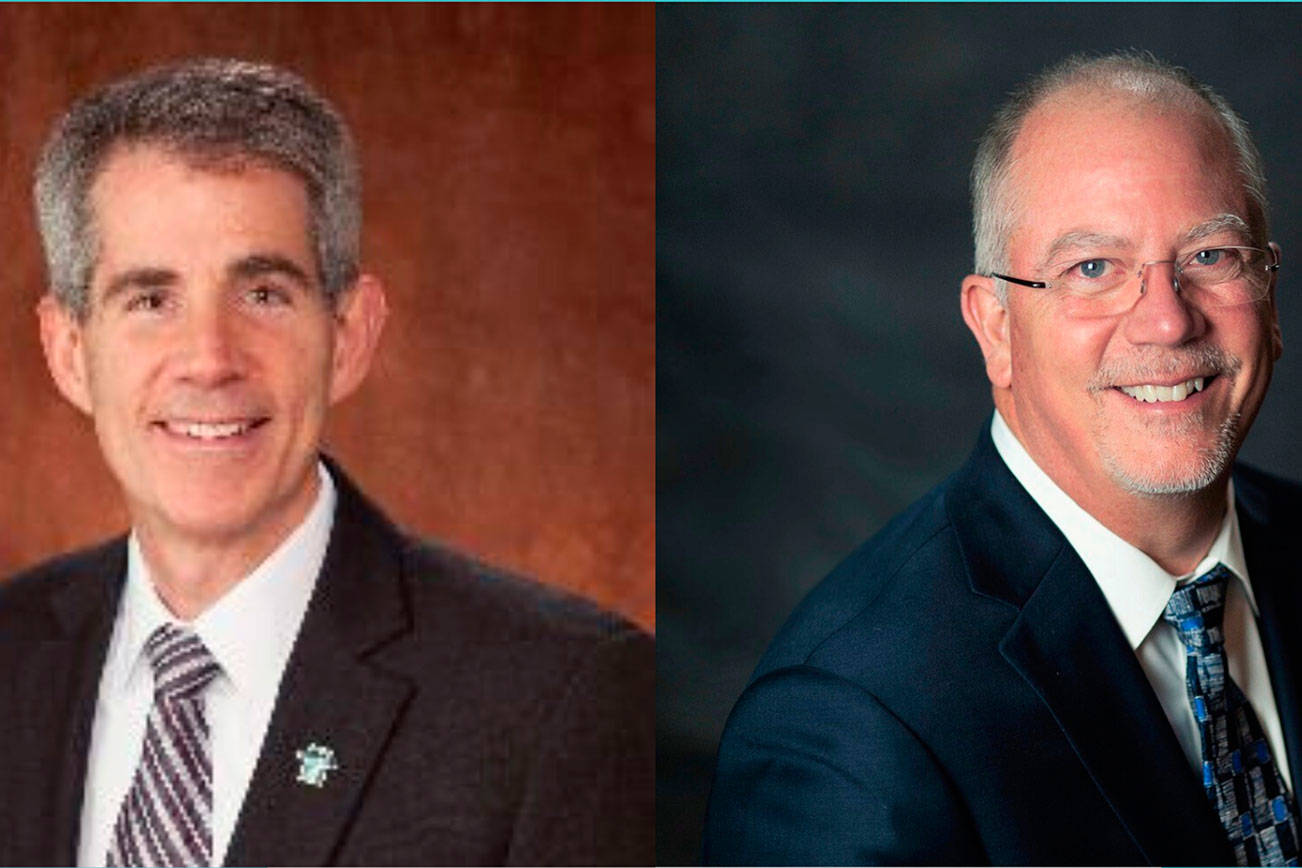The economic impact from the COVID-19 pandemic was front and center at a May 27 State of the Valley address from North Bend Mayor Rob McFarland and Snoqualmie Mayor Matt Larson.
The mayors of both cities are expecting significant impacts to revenue from reduced sales tax and a decrease in construction-related income.
“We anticipate the disruption to our economy will continue to have severe consequences for our retail and commercial businesses,” McFarland said.
McFarland declined to comment on how much of an impact the city could see. He cited a lack of solid financial figures from the state, which are yet to be released for much of the past few months.
North Bend receives 35 percent of its revenue from sales tax, followed by nearly 21 percent from property tax and about 12 percent from business taxes. McFarland said there will be significant shortfalls for several quarters.
“The jury is still out on the overall impact of that,” he said.
Larson said Snoqualmie took several financial blows at the end of 2019, which have been compounded by the pandemic. He said 42 percent of Snoqualmie’s revenue comes from property tax, while sales tax and B&O taxes account for 17 percent.
Snoqualmie was planning to receive revenue from the Salish Lodge expansion. The Snoqualmie City Council last year also declined to increase property taxes by 1 percent. The passing of anti-car tab Initiative 976 further means the city may lose some $200,000 in revenue for street projects.
In total, Snoqualmie is looking at a $1.17 million shortfall this year that could increase to $1.3 million next year. By 2025, without further action, the shortfall could result in a $2.6 million gap between expenditures and revenues.
At a budget briefing the night before the address, Larson said these projections are subject to change quickly. At the same meeting, Snoqualmie city staff said they were expecting economic activity in the city to be 50 percent lower than past summers.
There are ways the city could reduce its budget gap, he said: Economic development generates construction and sales tax influxes.
Three large projects are on the horizon. These include developing a property known as the Mill Site, expanding Snoqualmie’s business park and building out a third and smaller undeveloped parcel.
If the city develops the Mill Site and the smaller parcel on top of a 1 percent annual property tax increase, Snoqualmie would be able to nearly fill its revenue gap by 2026, Larson said.
Other construction projects have continued through the pandemic since they were deemed essential. These include the Church on the Ridge development, the Mount Si High School’s new performing arts center and the Panorama Apartments.
Construction on the Sno-King Hockey arena, the Spring Plaza and Boulder Building developments are set to resume as well.
McFarland touted some of North Bends’ accomplishments in 2019. These included renovating an alley downtown between Volition Brewing and the Snoqualmie Valley Antique Company. The new North Bend City Hall building came online last September and several businesses opened or moved to new locations. A Veterans of Foreign Wars memorial at city hall was slated to be unveiled this week, but the ceremony has been rescheduled because of the pandemic.
“While the challenges we face during the COVID-19 pandemic are great, we know we have the ability to overcome them if we work together for the greater good of our community,” McFarland said.


